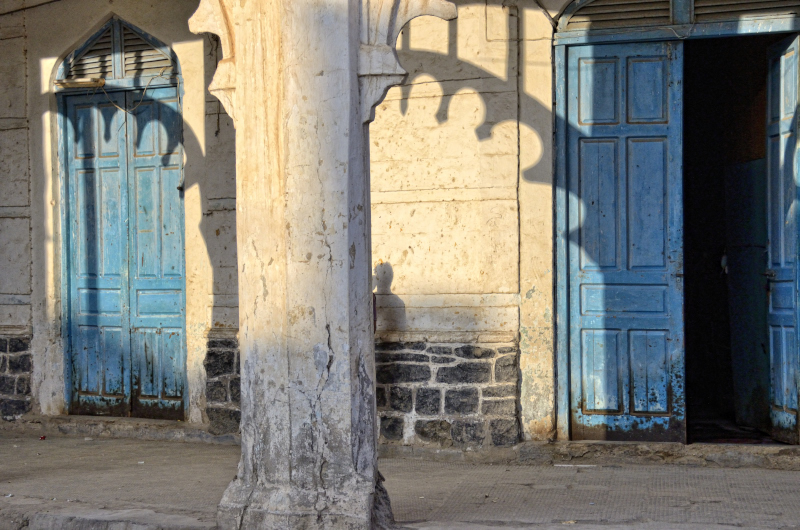
History of Italian Colonialism in Eritrea
The Early Stages of Colonialism
Italian colonialism in Eritrea began in 1882 with the purchase of Assab Bay. In 1890, Eritrea was officially proclaimed an Italian colony, marking the beginning of a period of significant transformation.
Colonial Development and Administration
During the colonial period, the Italians undertook numerous infrastructural works, including the construction of roads, railways and public buildings. Asmara became the beating heart of the colony, with numerous buildings in art deco and rationalist styles.
The End of Colonialism
In 1941, during World War II, British forces defeated the Italians, ending Italian colonialism in Eritrea. Eritrea came under British administration until its independence.
Remnants of Italian Colonialism in Eritrea
Architecture and Cultural Heritage
- Asmara : Known as "Little Rome", Asmara boasts an exceptional Italian architectural heritage. Art Deco and rationalist buildings are witnesses to the Italian colonial past. It is no coincidence that Asmara has been declared a World Heritage Site by UNESCO.
- Massawa : This historic port retains neoclassical and Moorish style buildings, reflecting Italian architectural influence.
Colonial Infrastructures
- Railways : The Asmara-Massawa railway, built during the colonial period, is still in operation and is one of the country's major historical attractions.
- Roads and Bridges : Many of the roads and bridges built by the Italians are still in use, a testament to the durability of the colonial infrastructure.
Culture and Language
- Italian Language : Italian is still spoken by some communities, especially among older generations and in academic settings.
- Cuisine : Eritrean cuisine shows clear Italian influences, such as the use of pasta and other traditional dishes.
Monuments and Cemeteries
Numerous monuments and cemeteries in Eritrea commemorate Italian soldiers who fell during the colonial period and World War II, offering a window into the country's historical past.
Italian colonialism has left an indelible mark on Eritrea, still visible today in its architecture, infrastructure and culture. Viaggitribali invites you to explore this fascinating legacy with our off-the-beaten-path trips, discovering a unique chapter in African history.
Book your trip to Eritrea now with Viaggitribali and live an unforgettable experience ( https://www.viaggitribali.it/viaggi/eritrea-e-le-isole-dahlak ).





